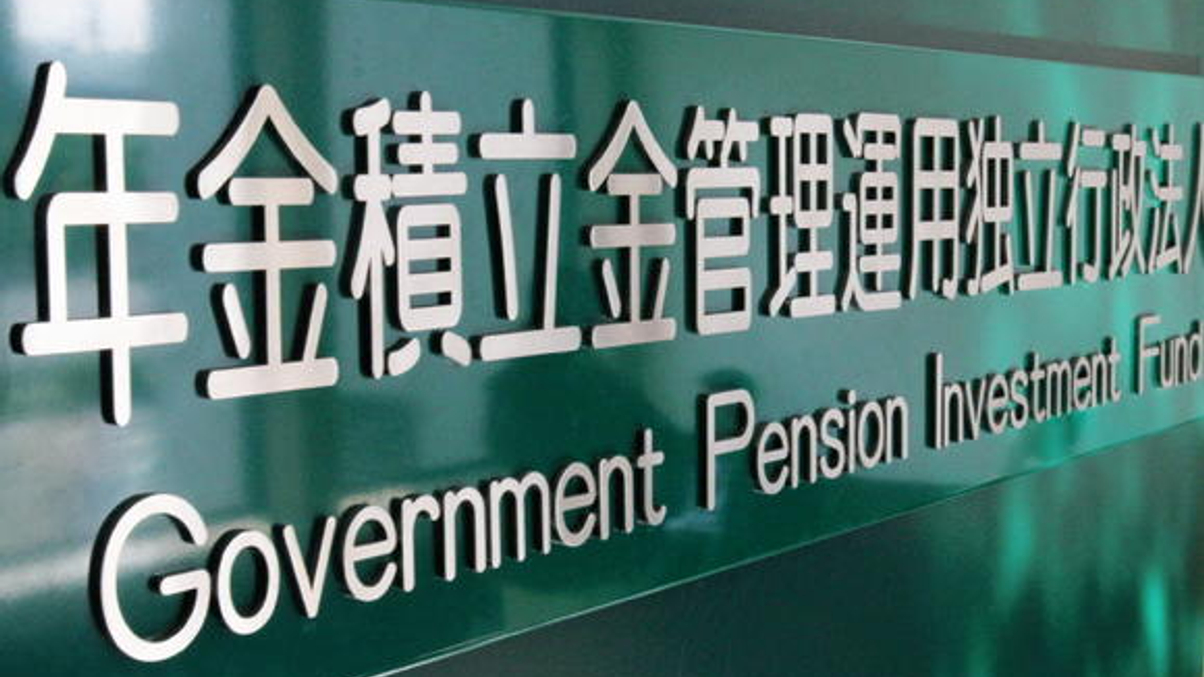GPIF mulling $41b investment into alternatives
The Japanese pension giant is considering raising its allocation to alternative assets from 0.2% to about 3% in three years, a senior investment official has told AsianInvestor.

Japan's Government Pension Investment Fund (GPIF) is considering increasing its allocation to alternatives from a paltry 0.2% of assets under management to about 3% over the next three years, according to a senior member of the pension fund’s investment team.
Sign in to read on!
Registered users get 2 free articles in 30 days.
Subscribers have full unlimited access to AsianInvestor
Not signed up? New users get 2 free articles per month, plus a 7-day unlimited free trial.
¬ Haymarket Media Limited. All rights reserved.


